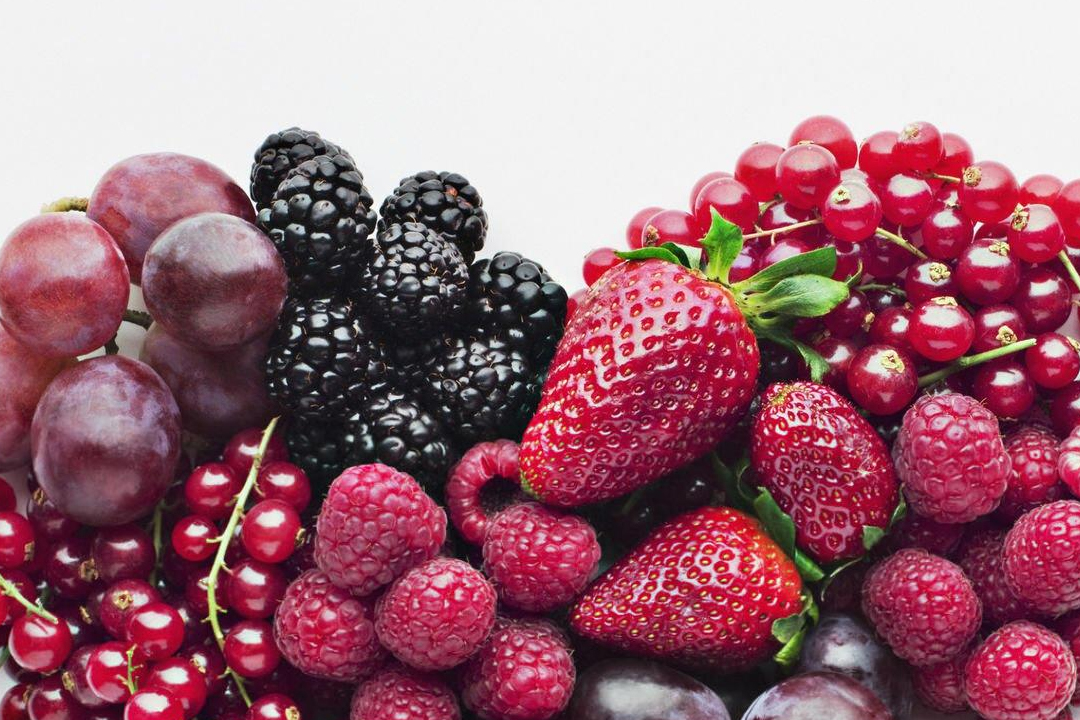
Whether it’s as part of a well-balanced, whole foods diet, or as a concentrated supplement, Mother Nature can step in to build a smoother road. These compounds are not meant to replace your oncologist’s treatment plan – but they can boost your immune system, make side effects more bearable, and support your strength and energy levels during this arduous journey.
Turmeric (Curcuma longa)
Known in some countries as Indian saffron or haldi, this peppery yellow root owes its bright yellow hue to curcumin. This natural compound has been extensively studied for its anti-inflammatory properties.
According to some researchers, curcumin can support cancer treatment in two ways. First, as an anti-inflammatory: it seems it can help the body “turn off” the NF-Kb pathway, which the body uses to transcribe DNA into new cells. In turn, the NF-Kb pathway has been linked with errors that can create many inflammatory diseases, including cancer, atherosclerosis, and psoriasis.
At the same time, other studies show curcumin can increase the speed of apoptosis – a natural “cell death” – in cancer cells. This means curcumin could help you kill off the malignant cells more quickly, potentially helping your main anti-cancer treatment work fast.
Red berries and grapes
Red fruits and berries – including grapes, raspberries, and cranberries – all owe their vibrant color to cyanidin, a natural antioxidant compound.
Nowadays, we often see antioxidants recommended as a way to “delay aging”. But this is not the full extent of their potential! Antioxidants such as cyanidin can scavenge for free radicals around the body, which can both prevent cancer and delay its growth.
Some preliminary Chinese studies have already pointed out that the cyanidins in raspberries can lower the chances of breast and colon cancer from becoming metastatic (that is, spreading around the rest of the body).
Plus, grapes in particular are a nutritional powerhouse due to their resveratrol content. This natural compound is abundant in the skin of purple or red grapes, and is often praised for its ability to protect the heart. It can help expand blood vessels and prevent heart disease. This is no small benefit for cancer survivors, as many chemotherapy drugs can increase your lifelong risk of developing heart attacks, arrhythmias (problems with your heart rhythm), and blood clots.
Ginger (Zingiber officinale)
Have you ever popped a ginger candy, or sipped some homemade ginger ale to help with an upset stomach? We’ve long known that ginger – and in particular, its main aromatic compound, gingerol – is a potent remedy against nausea. What’s more, unlike most anti-nausea medications, ginger will not make you drowsy or sleepy.
This can be a game changer when the side effects of chemotherapy are at their strongest. If you’re struggling to keep food down, and your body is already struggling to stay awake, ginger can offer a milder solution.
Cold water fish (Salmon, tuna, cod)
Cold water fish species are naturally rich in Omega-3 polyunsaturated fatty acids (n-3 PUFAs), which are naturally scarce in the current Western diet. And yet, Omega 3s play a huge role in immune health: they strengthen your B cells, a type of immune cell that normally protects you from invading viruses or bacteria.
Many standard anti-cancer treatments, such as chemotherapy, are very harsh on the immune system. This can leave you vulnerable to passing colds or infections, so it’s very important to improve your immunity in between cancer treatments.
There may be an extra benefit for those dealing blood cancers: Omega-3 fatty acids also seem to boost the production of T-cells. Unlike B-cells, which the body uses to fight against foreign invaders, T-cells can detect “mutated” cells in the blood or lymphatic system. The full implications are still in the works, but it seems that by regulating T-cells, Omega 3s may also help slow down the progression of some types of leukemia.
Tomatoes (Solanum lycopersicum)
The humble tomato is a staple of most Mediterranean and American cuisines, so it’s easy to ignore its health potential.
It all hails from lycopene, the antioxidant pigment that makes tomatoes red. Researchers are not 100% sure on how lycopene acts, but it seems to boost the production of a natural enzyme, known as phase II detoxification enzyme, that can slow down the growth of cancer cells.
In addition, some lab studies have shown that lycopene can fight some types of reproductive cancer cells, such as endometrial and breast tumors. Keep in mind that this study was done in vitro – that is, the cells were exposed to lycopene on a petri dish. We don’t have any studies that use lycopene in people with cancer (yet!), so we still need to take this potential with a grain of salt.
Green tea (Camellia sinensis)
Green tea – that is, the same regular tea leaves as black tea, but without oxidating) provides a dual boost for people battling cancer.
On one side, they contain a unique type of compounds known as epigallocatechins (EGCG) that can speed up cancer cell apoptosis. So just like turmeric, high concentrations of green tea EGCGs can make cancer cells die faster, giving a minor boost to your main cancer treatment. Other studies have shown this compound can slow down the growth of premalignant lesions in the colon – that is, polyps that are yet to turn to cancer.
With that said, it seems like this effect requires a large amount of EGCG, which may not be possible by simply drinking green tea every day.
On the other hand, regular green tea consumption does have an anti-inflammatory effect. This can help soothe some of the side effects of chemotherapy drugs (such as nausea or chronic fatigue), but without lowering the treatment’s effectiveness.
Comments
comments